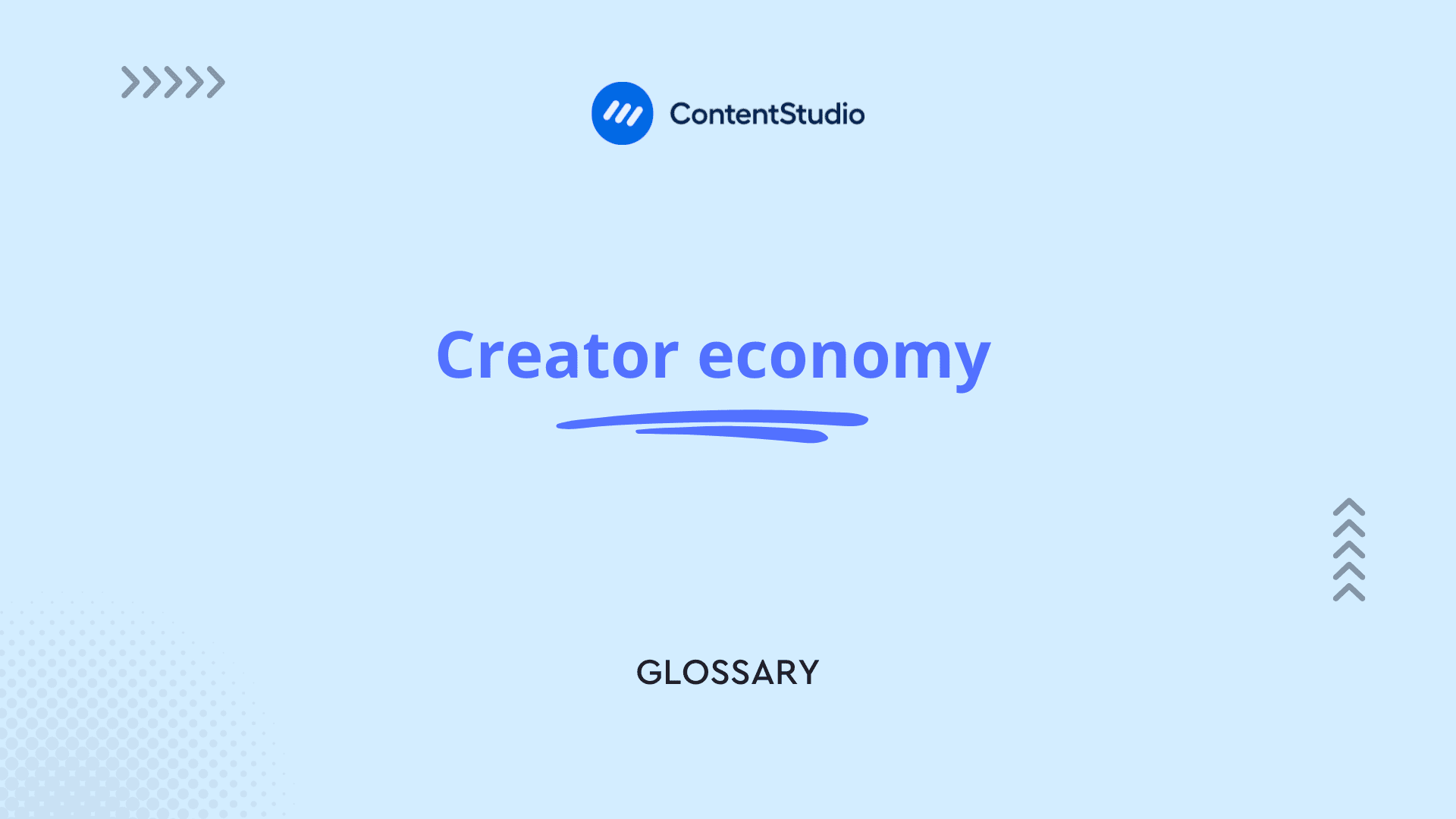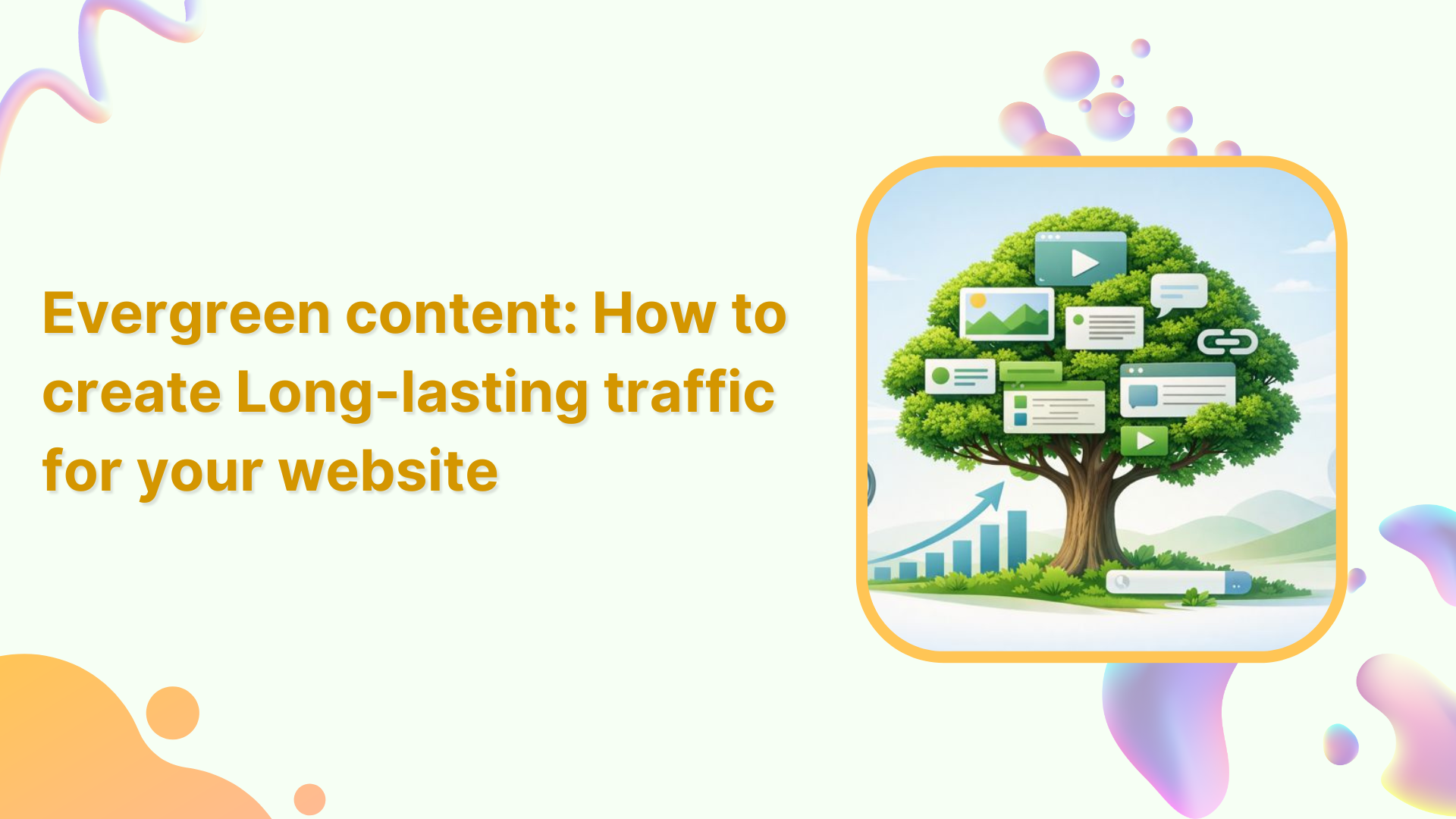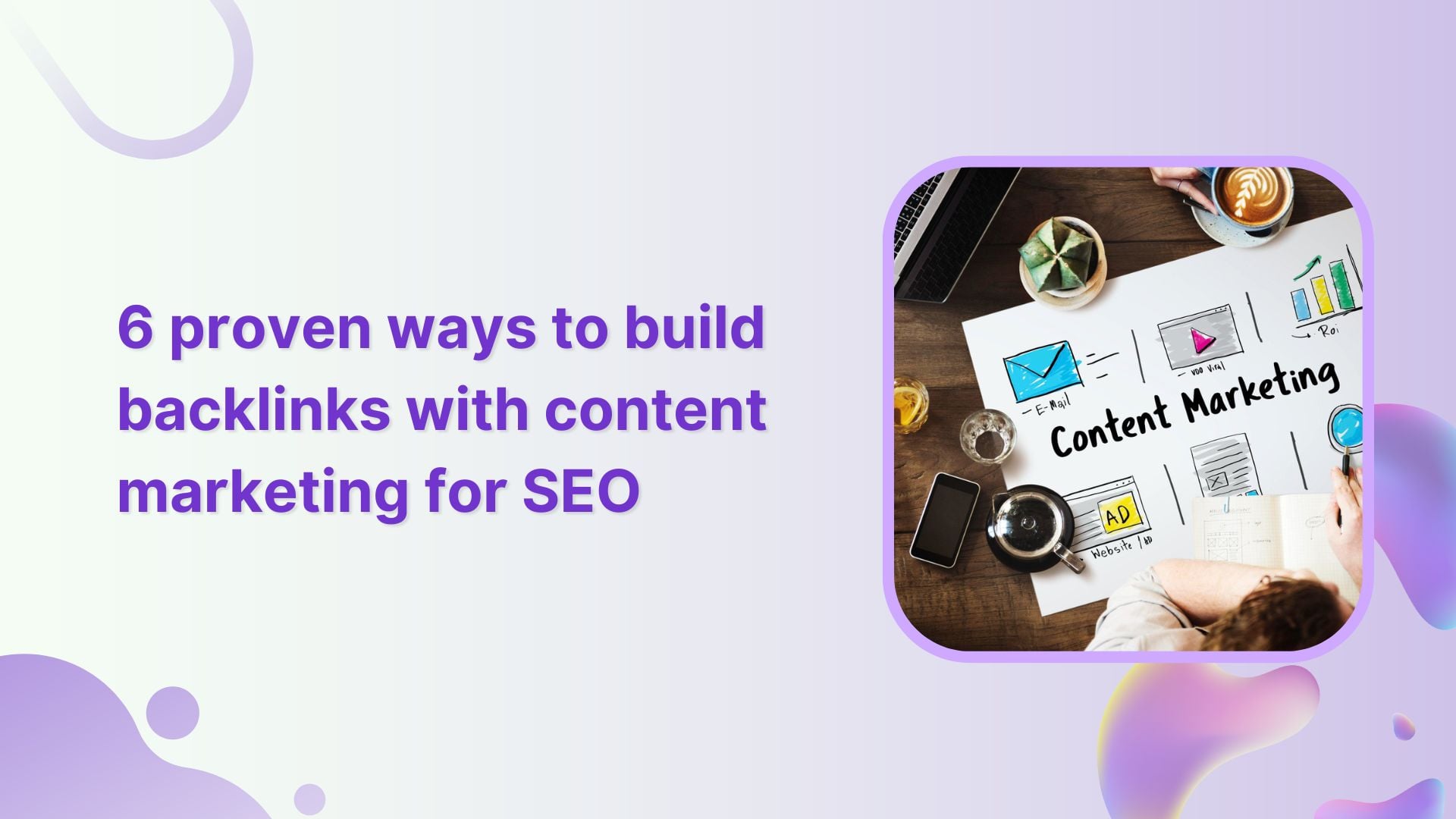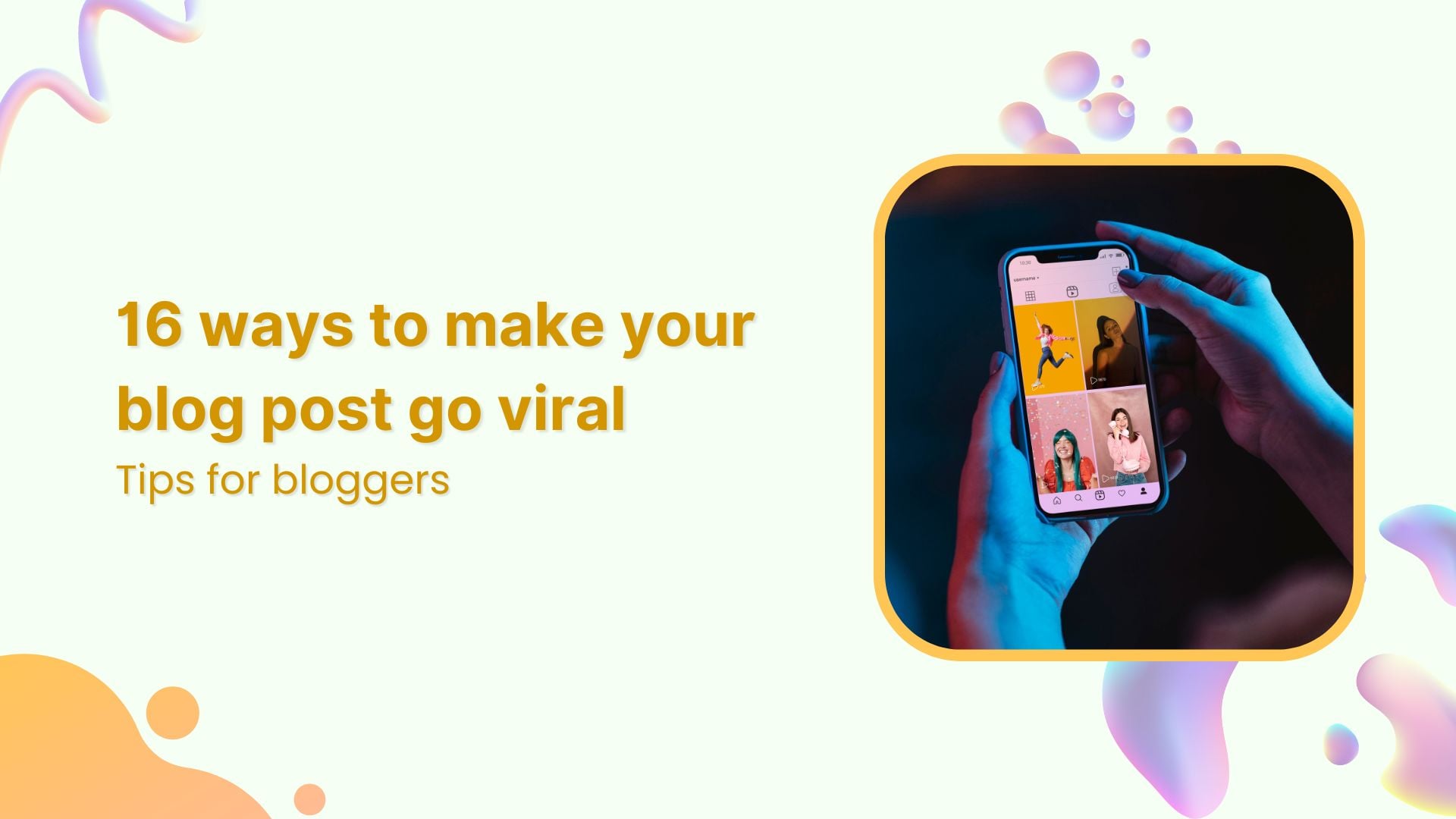Bulk-generate & schedule posts in seconds with Smart Scheduling. Try now!
Creator economy

What is the creator economy?
The creator economy is a rapidly growing digital ecosystem where individuals monetize their content creation, skills, and influence directly with their audience. Unlike traditional media industries, which rely on intermediaries like publishers, record labels, or production companies, the creator economy allows content creators to build independent careers using platforms such as YouTube, TikTok, Patreon, Substack, and Instagram.
Creators in this economy include influencers, bloggers, video producers, podcasters, educators, artists, and digital entrepreneurs. They generate income through various monetization strategies, leveraging their personal brands and engaged communities.
How the creator economy evolved
The creator economy emerged as social media platforms democratized content creation and distribution. Historically, media companies controlled what content was published and who could reach an audience. The rise of platforms like YouTube (2005), Instagram (2010), TikTok (2016), and Patreon (2013) shifted that power into the hands of individuals.
Key drivers behind the growth of the creator economy include:
- Advancements in technology: Smartphones, high-speed internet, and user-friendly editing tools made content creation accessible to everyone
- Direct audience engagement: Social media platforms allow creators to interact directly with followers, fostering community-driven business models
- Multiple revenue streams: Instead of relying solely on advertising, creators now earn through subscriptions, digital products, sponsorships, and more
- Rise of the gig economy: More people seek flexible, self-directed careers, making the creator economy an attractive option
How creators make money in the creator economy
Creators can generate income through diverse revenue streams, ensuring financial stability and business sustainability. Here are some of the most common ways:
1. Ad revenue
Many platforms offer ad-sharing models, where creators earn a percentage of advertising revenue. Examples include:
- YouTube Partner Program – Creators earn money based on watch time and ad views
- TikTok Creator Fund – Pays eligible creators based on content engagement
- Facebook and Instagram Reels Bonuses – Monetization options for short-form videos
2. Brand sponsorships & influencer marketing
Brands partner with creators to promote products, leveraging their influence to reach niche audiences. Types of sponsorships include:
- Sponsored posts and videos
- Affiliate marketing (earning commissions for driving sales)
- Product placements and reviews
3. Subscriptions & fan support
Creators earn directly from their audience through:
- Patreon & Ko-Fi – Monthly membership platforms where fans subscribe for exclusive content
- YouTube Memberships & Twitch Subscriptions – Viewers pay for perks and additional content
- Buy Me a Coffee – Platforms enabling direct financial support
4. Merchandise & product sales
Many creators launch their own products, including:
- Branded clothing and accessories
- Digital products like e-books, templates, and presets
- Online courses, coaching, and workshops
5. Freelance & consulting services
Creators often use their expertise to offer:
- Social media consulting
- Video editing or graphic design services
- Public speaking and brand collaborations
6. NFTs & blockchain monetization
A growing segment of the creator economy includes selling unique digital assets (NFTs) or earning through decentralized finance options.
Benefits of the creator economy
The creator economy presents numerous advantages for individuals looking to monetize their passions:
- Independence & flexibility: Creators set their own schedules and control their careers
- Unlimited earning potential: No salary cap; earnings grow with audience engagement
- Community building: Creators establish direct relationships with their followers, leading to brand loyalty
- Diverse revenue streams: Multiple ways to earn mitigate financial risk
- Low barrier to entry: Anyone with a smartphone and internet connection can start
Challenges of the creator economy
Despite its appeal, the creator economy has its own set of challenges:
1. Inconsistent income
Earnings fluctuate based on platform algorithms, sponsorship deals, and audience engagement.
2. Platform dependence
Creators rely on platforms like YouTube, Instagram, and TikTok, which can change policies or algorithms unexpectedly.
3. Work-life balance & burnout
The pressure to create consistent, engaging content can lead to exhaustion.
4. Monetization hurdles
New creators often struggle to establish a sustainable income before growing an audience.
5. Copyright & content ownership issues
Platforms and brands sometimes exploit creator content without fair compensation.
How to succeed in the creator economy
To build a sustainable business in the creator economy, consider these strategies:
- Find your niche: Specialize in a topic that aligns with your expertise and audience demand
- Diversify revenue streams: Relying on one income source is risky; explore multiple monetization options
- Engage with your audience: Build a strong community through consistent interaction and value-driven content
- Leverage multiple platforms: Expand reach beyond a single platform to increase visibility
- Invest in branding & marketing: A strong brand identity helps differentiate you from competitors
- Stay adaptable: Keep up with platform changes, trends, and new monetization opportunities
The future of the creator economy
The creator economy is expected to continue growing as digital content consumption rises. Trends to watch include:
- AI & automation: AI-powered tools helping creators produce content more efficiently
- Web3 & decentralization: Blockchain-based platforms offering creators more control over monetization
- Increased platform competition: More platforms offering creator-friendly revenue-sharing models
- Creator-led brands: More creators launching independent businesses beyond social media
As technology evolves, the creator economy will keep expanding, offering endless opportunities for individuals to monetize their creativity and expertise.
Final thoughts
The creator economy is revolutionizing the way people work and earn. It empowers individuals to build personal brands, connect with audiences, and generate income through multiple channels. However, success in this space requires consistency, adaptability, and business acumen.
Whether you're an aspiring YouTuber, TikTok influencer, or digital entrepreneur, the key to thriving in the creator economy lies in crafting valuable content, building a loyal community, and diversifying your income sources. With the right strategies, you can turn your passion into a profitable career in this ever-evolving digital landscape.

Create, plan, schedule, and publish posts on all social media networks
Recommended for you


Powerful social media management software
14-day free trial - No credit card required.


